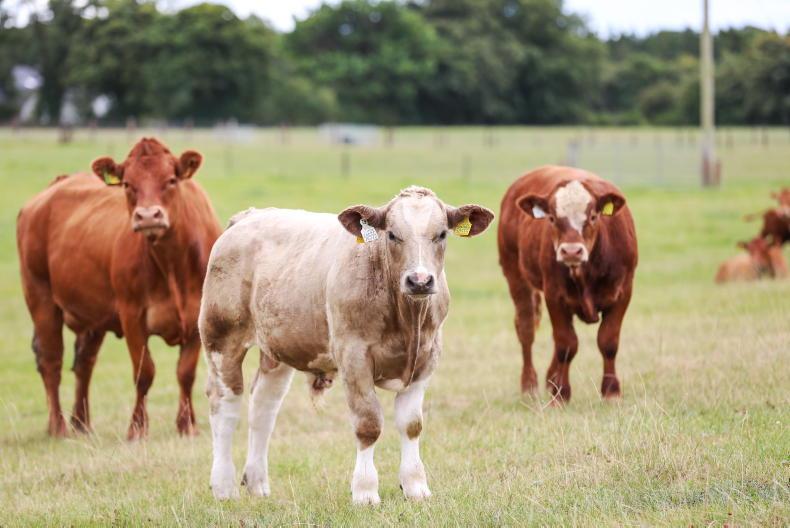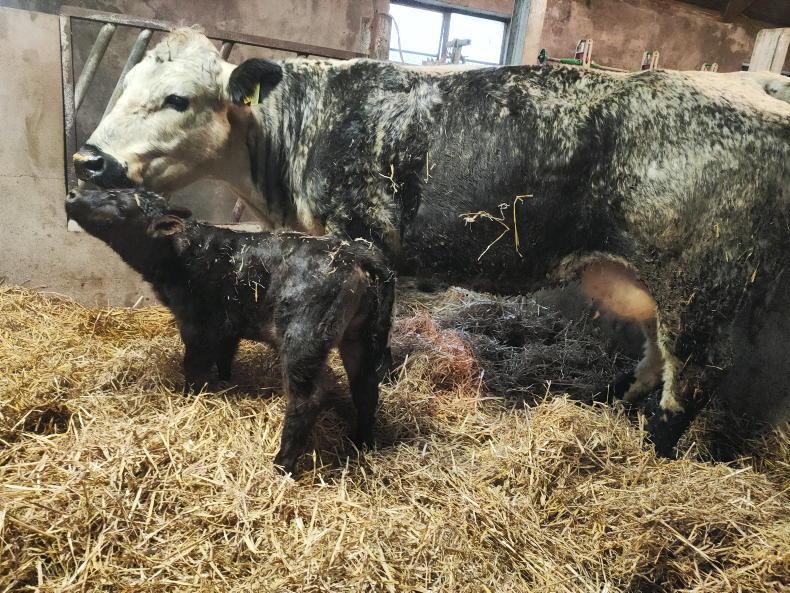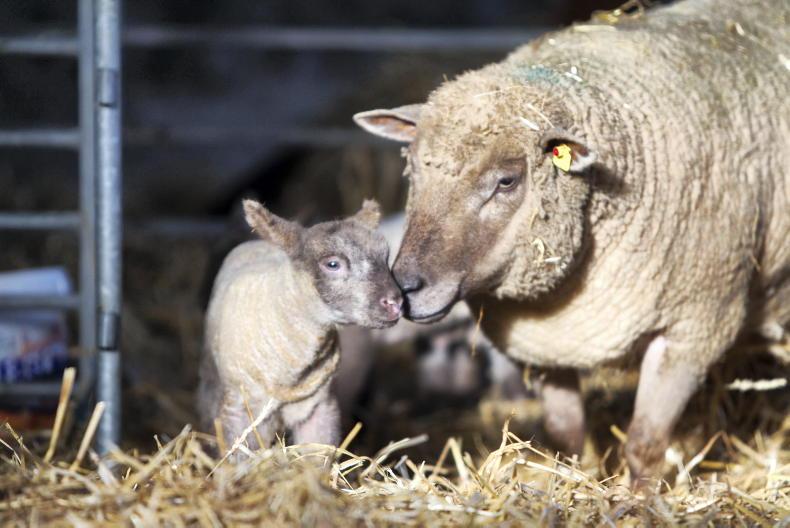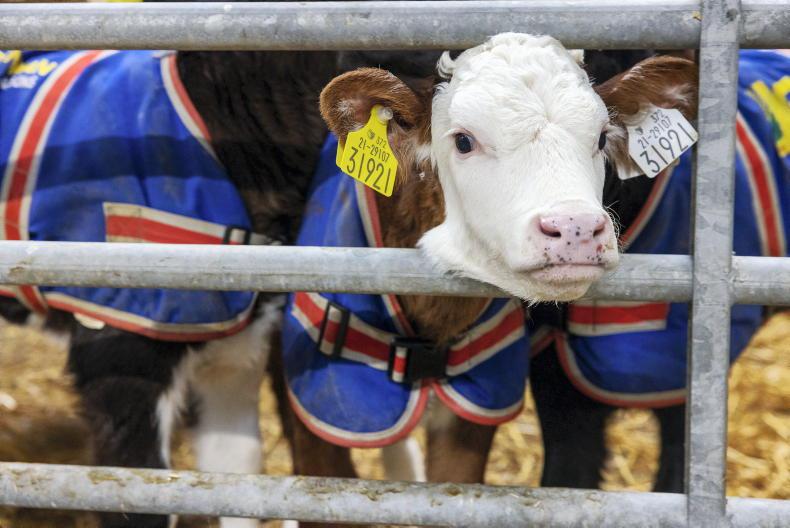The ICBF DNA calf registration pilot programme continues to record year-on-year improvements, with the turnaround time for analysing samples a significant success story from the 2022 programme.
The turnaround time for laboratory analysis is running at less than four days (average of 3.7 days), significantly lower than the anticipated timeframe of seven days.
The quick turnaround time allows animals to be registered and passports (blue cards) to be received in less than 10 days. For example, where a farmer posted a DNA sample on a Monday to Wetherby’s lab in Kildare, it will be analysed and the information returned to ICBF on average by the following Friday.
Registration
ICBF requires that information for about a day, in order to run it through its database to carry out a parentage evaluation and then inform the farmer by text message regarding the parentage information of the calf in question.
The farmer then registers the calf online, which is a key requirement of the pilot programme, and all going according to plan, the animal passport can be generated and in the post on Monday and received by the farmer on Tuesday.
This is the best case scenario with regard to days and obviously there is a day or two days added to the process where a sample is sitting in a lab or a blue card is transiting through the postal service at the weekend.
Positive progress
Commenting on the progress achieved in 2022, Sean Coughlan, chief executive of ICBF, said that the pilot programme has worked well. He reports that in the region of 50,000 calves have been registered, with DNA from over 550 participating herds.
Furthermore, the process of farmers ordering double tissue tags to collect a DNA sample and a BVD sample has bedded in well, while the birth registration process is working smoothly via the Department’s agfood.ie facility or through farm software providers.
Key findings
The experience of the 2022 pilot programme shows that it is feasible to incorporate DNA information with birth registration. The process continues to identify and rectify approximately 15% parentage and sex errors prior to registration.
The correct parentage data is vital in making accurate breeding decisions and identifying superior performing genetics. The 0.5% errors in recorded sex also significantly reduces the administrative burden in correcting errors.
The wealth of information available on the ICBF database means that where a sire error is identified, the correct sire can generally be identified in up to 70% of cases, based on genotypes stored in the database. This figure has the potential to grow as more genotypes are collected.
Parentage errors are mainly due to simple mix-ups of an AI sire being recorded where a stock bull is used towards the end of the breeding period, or where multiple stock bulls are run.
There is a small level of incorrect parentage on the dam side and this is typically in large herds where there are multiple births and mis-mothering, or a mix-up in records may have occurred.
In this regard, it is beneficial to genotype all calves in a herd, as it provides an opportunity to rectify dam parentage errors.
Next steps
The pilot programme will continue in 2023 and there are also plans to incorporate the learnings from this programme into schemes such as the new Suckler Carbon Efficiency Programme, where DNA samples can be collected at birth using a double tissue tag, foregoing the need to apply button tags at a later date.
The findings are also vital in industry discussions regarding the roll-out of DNA birth registration on a national basis.
This would have significant advantages in providing more information about progeny at a young age and provide a much clearer picture to prospective buyers about the quality of animals on offer.










SHARING OPTIONS